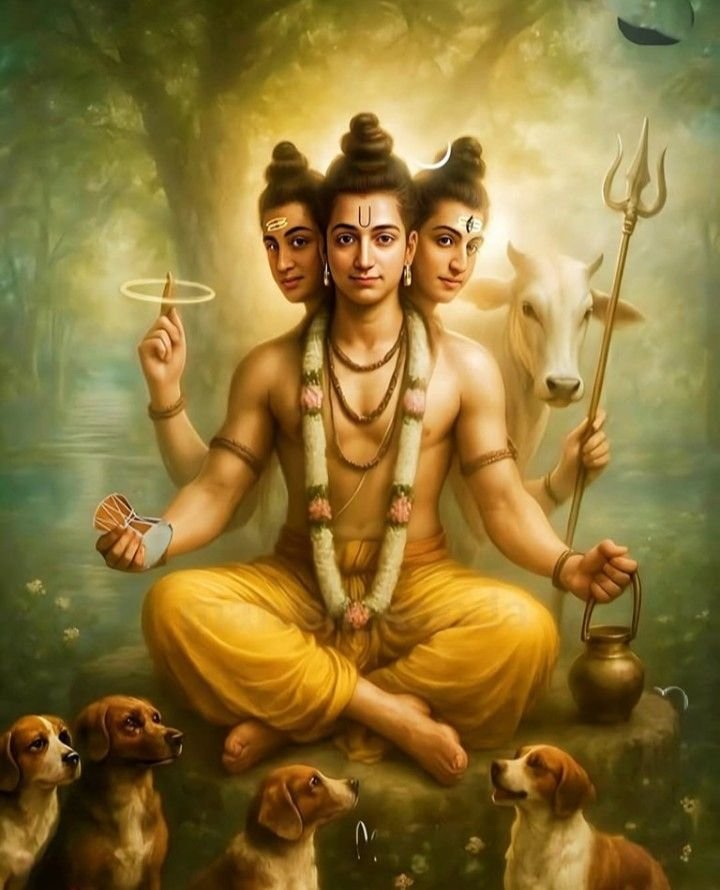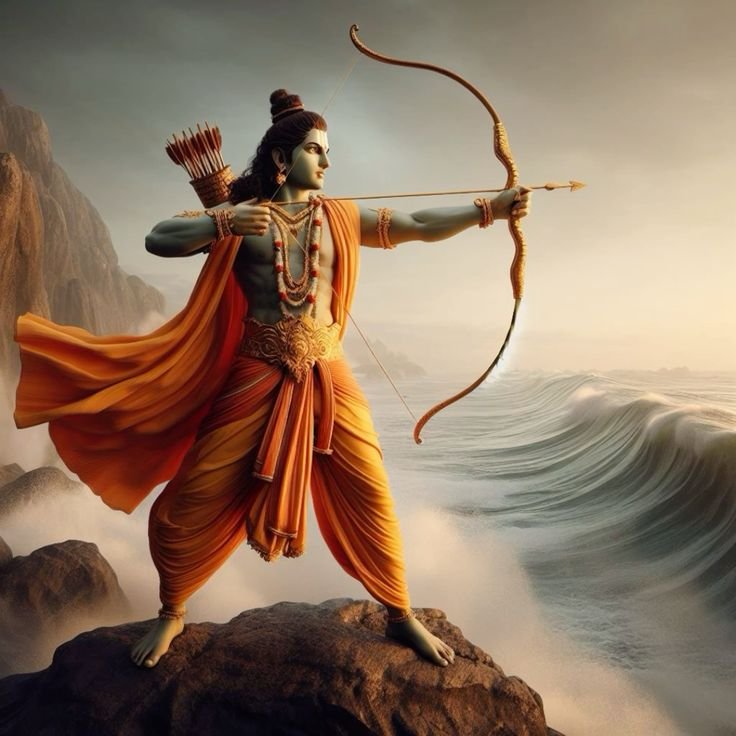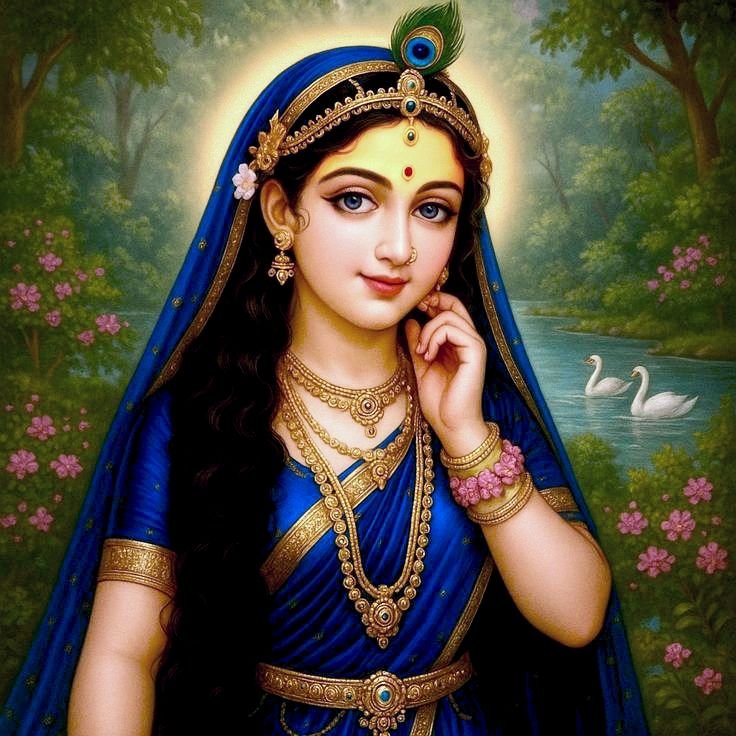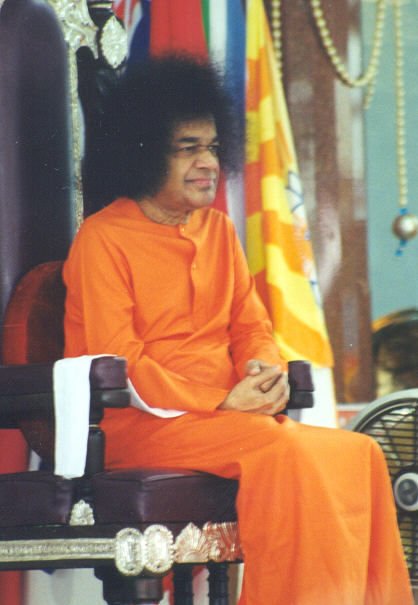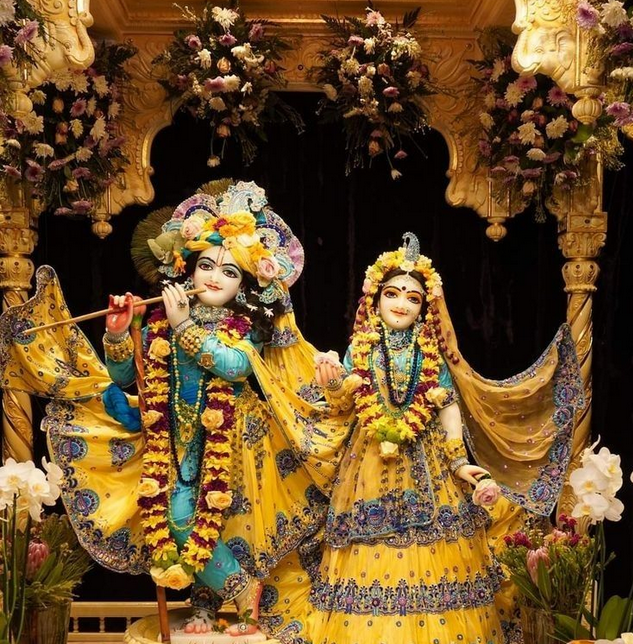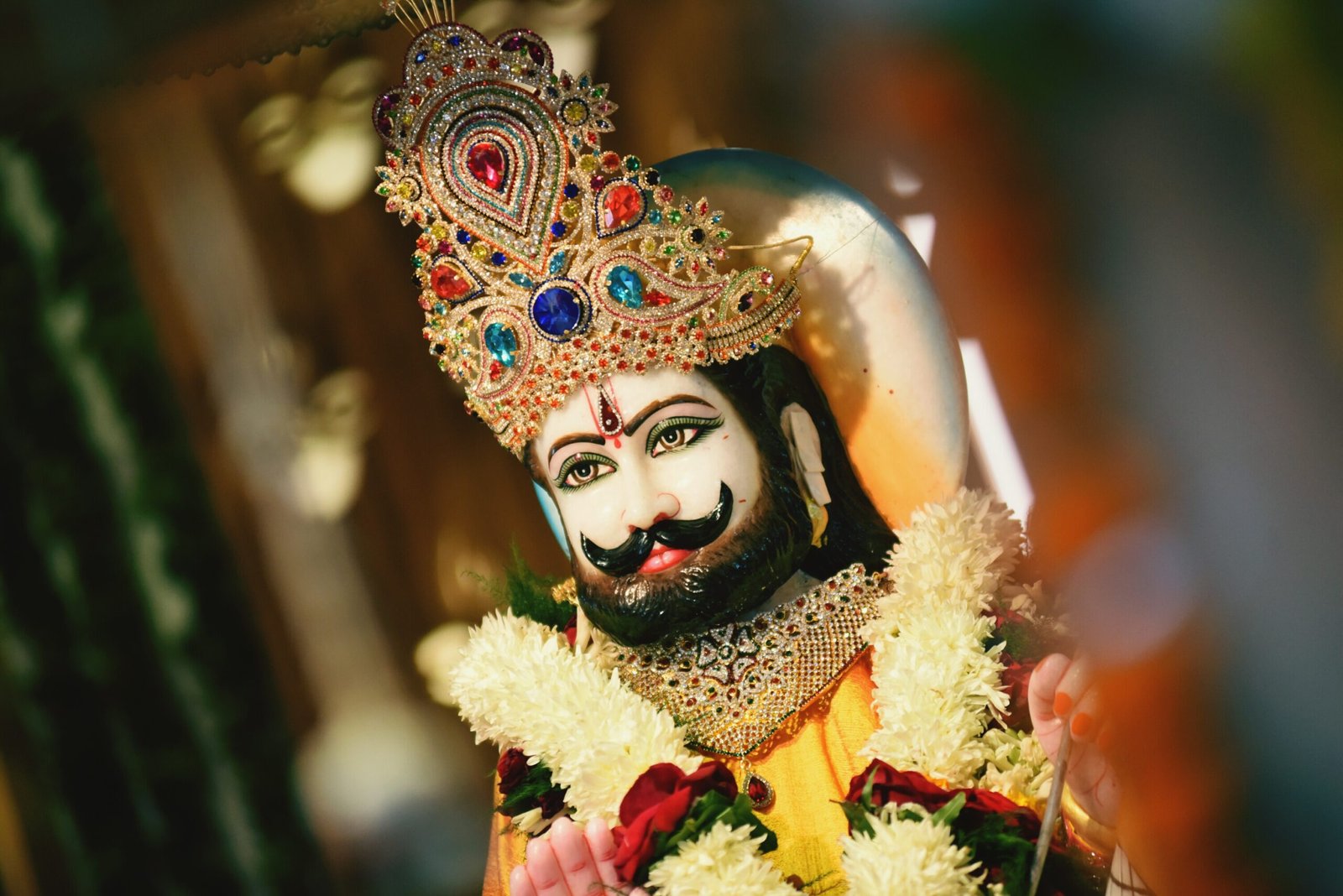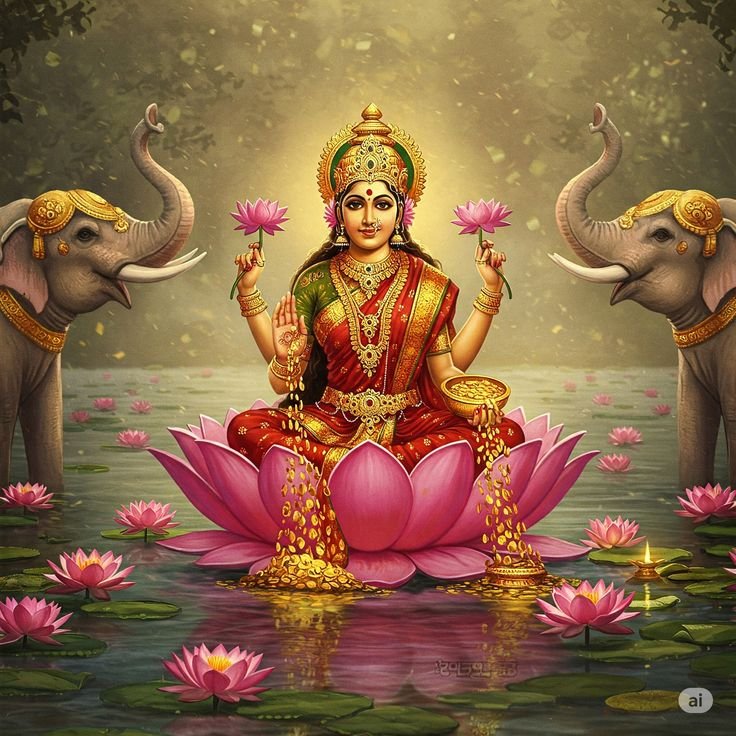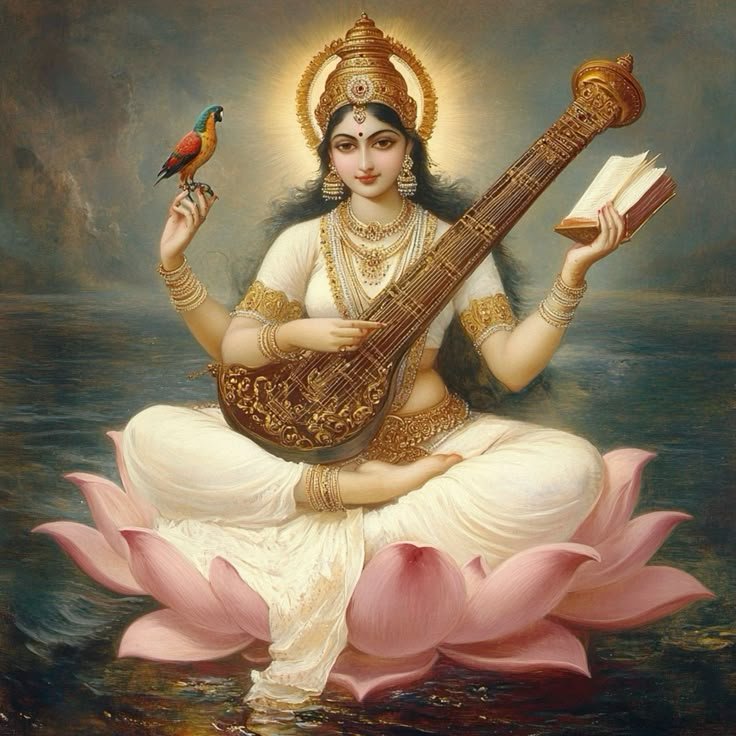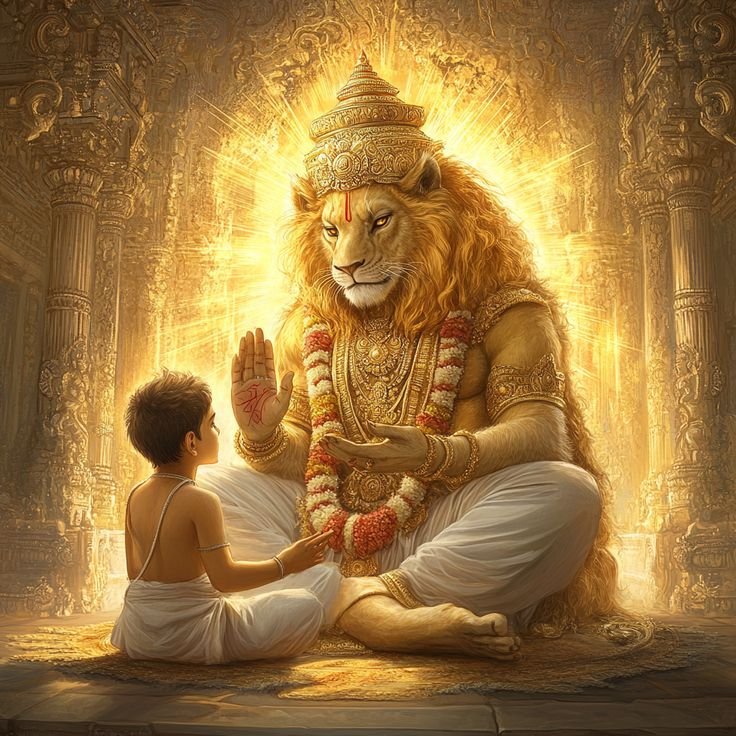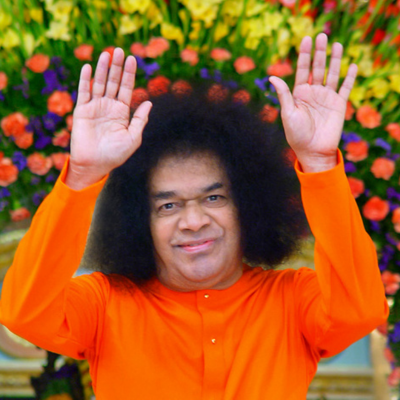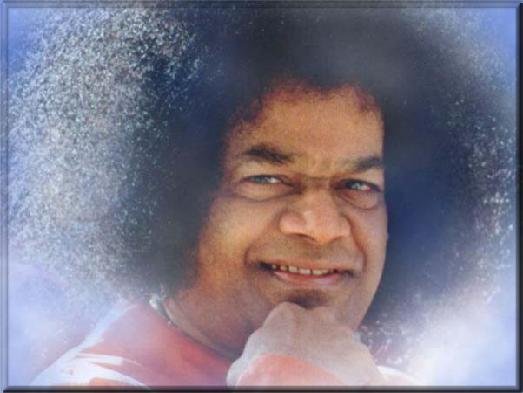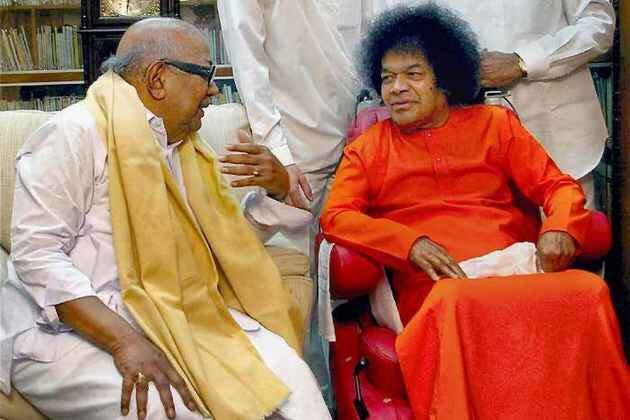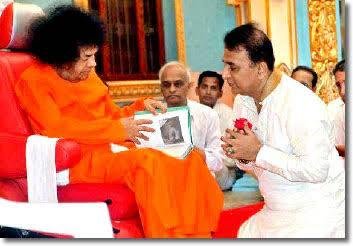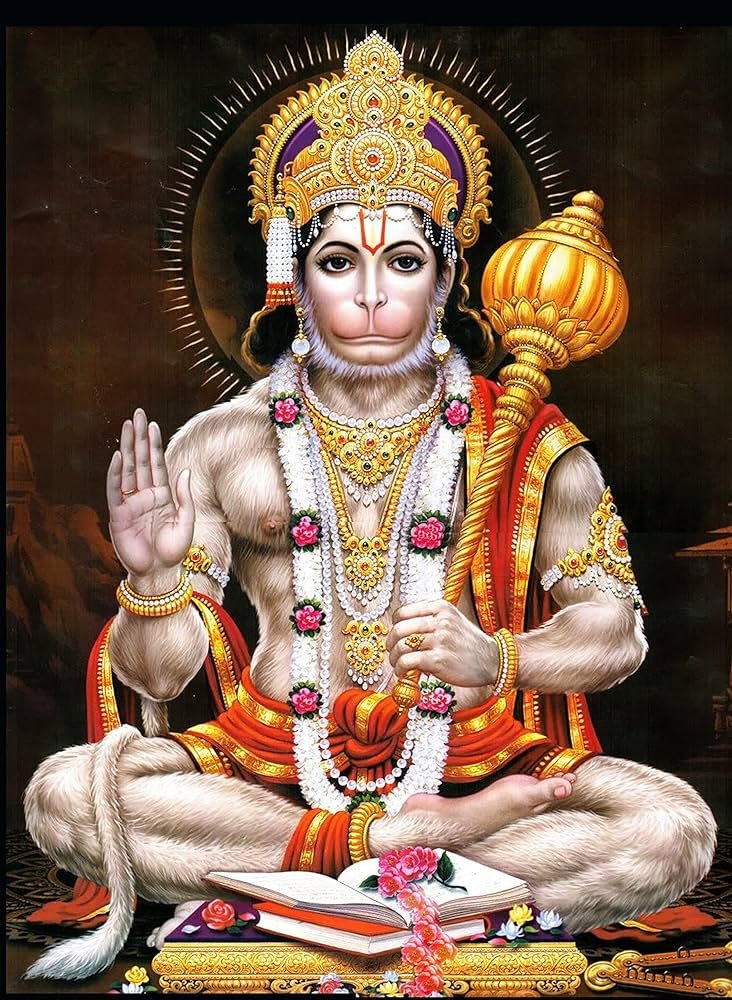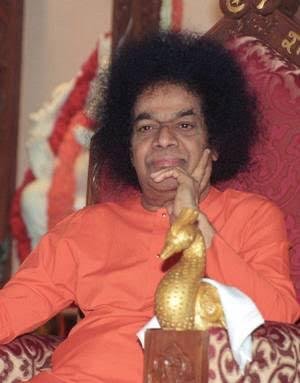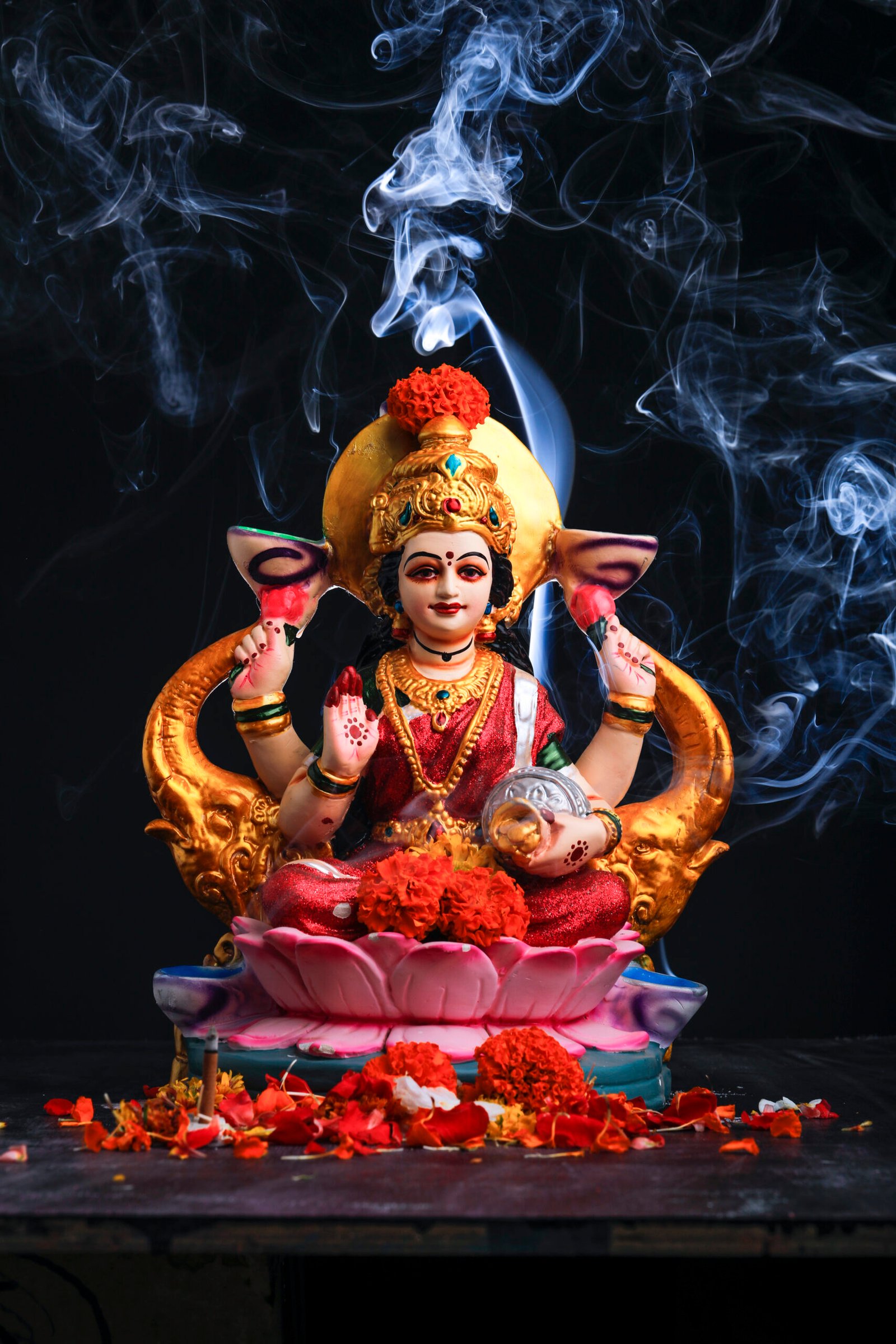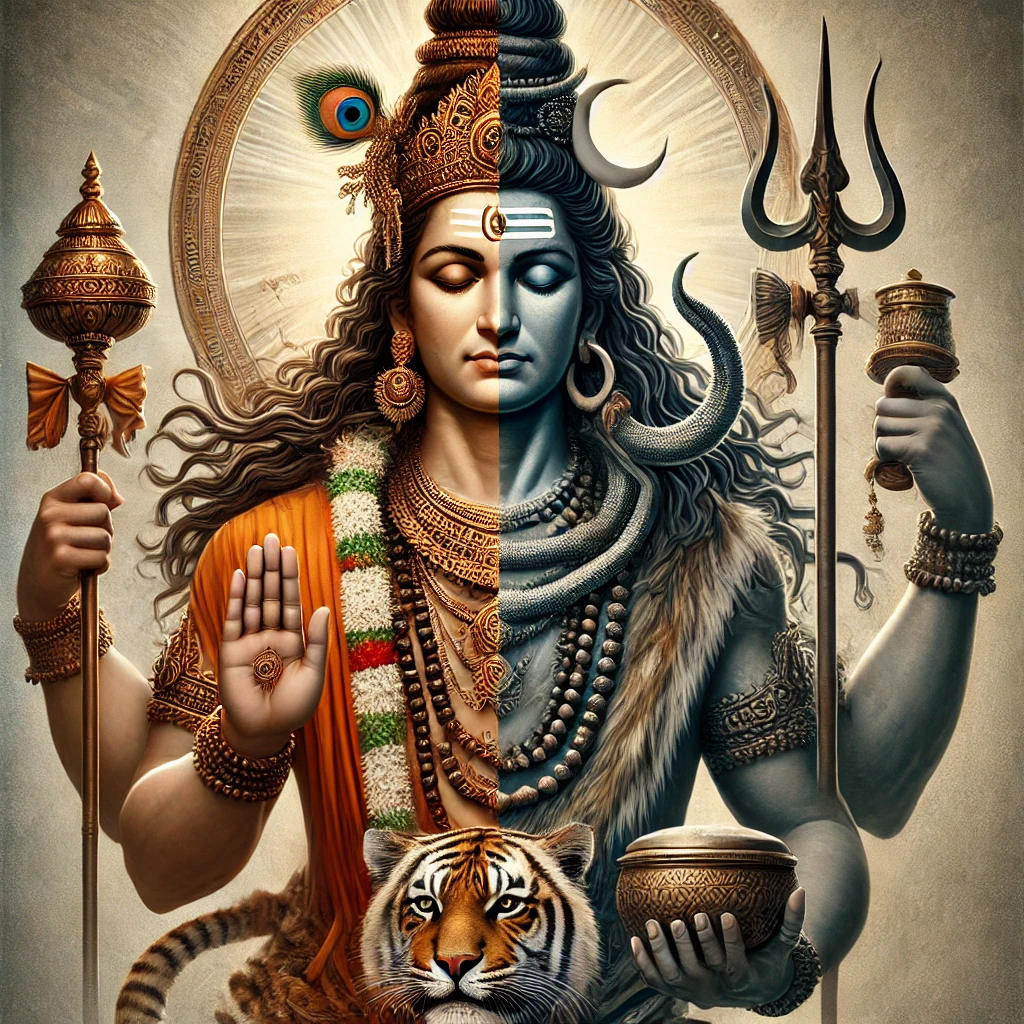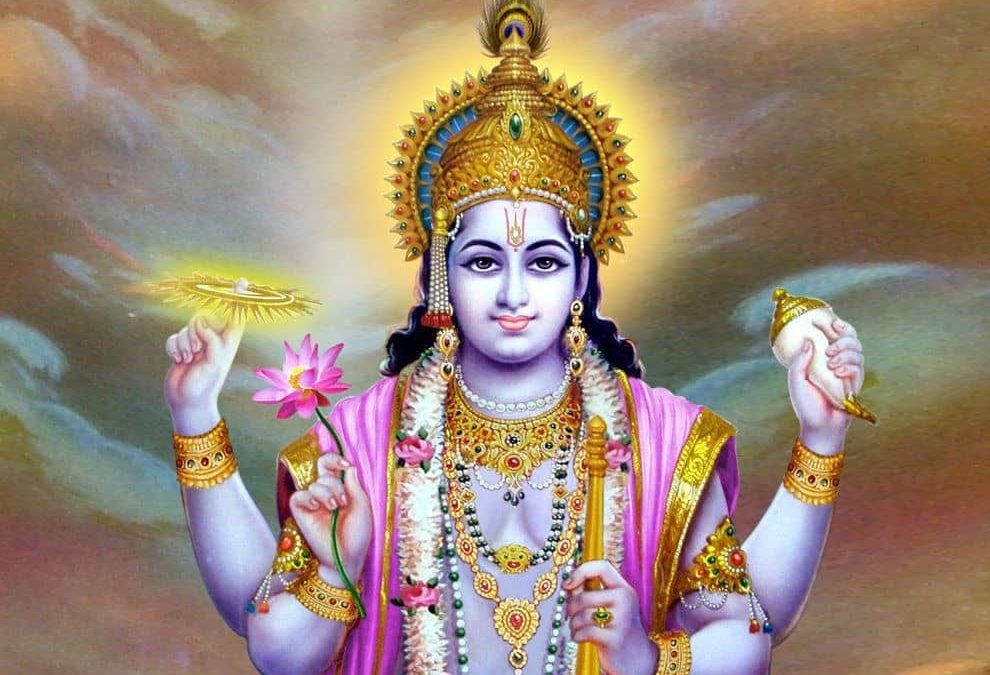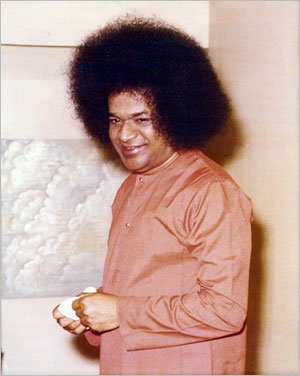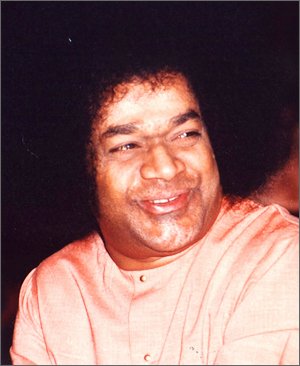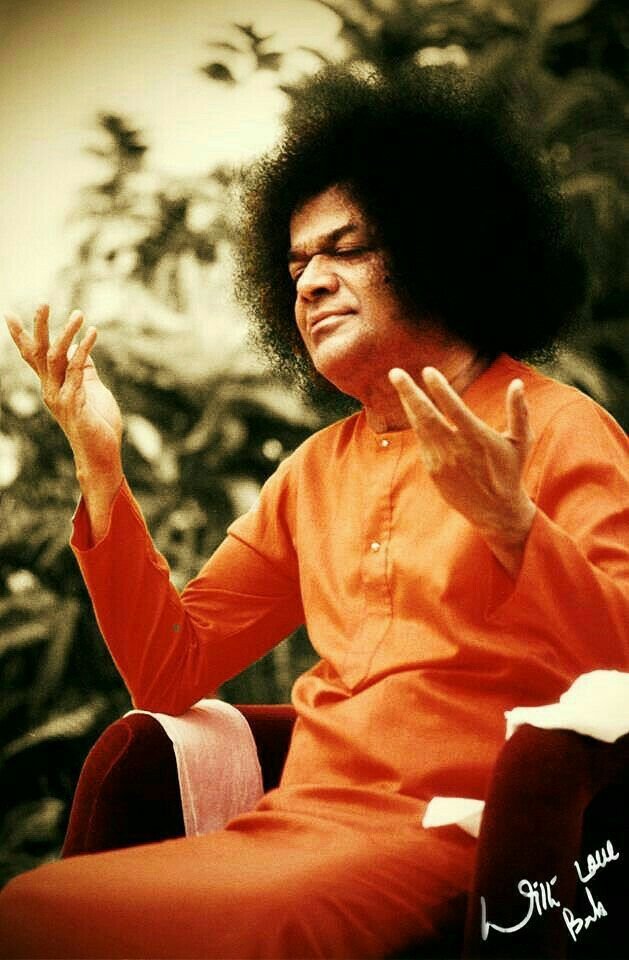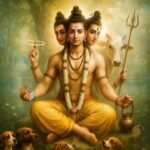Vishnu Purana with meaning
Vishnu Purana

The Vishnu Purana is one of the eighteen Mahapuranas, a genre of ancient Indian texts central to Hindu religious thought and mythology. Composed in Sanskrit, it is considered one of the oldest and most important Puranas, likely compiled between the 3rd and 5th centuries CE, though some portions may be older or added later. It is primarily dedicated to Lord Vishnu, one of the principal deities in Hinduism, and promotes Vaishnavism, the worship of Vishnu as the Supreme God.
The Vishnu Purana is structured into six books (amsas) and contains around 23,000 verses. Like other Puranas, it covers a wide range of topics including cosmology, genealogy, mythology, philosophy, rituals, and the history of the universe from a Hindu perspective. It begins with the creation of the universe, detailing how Brahma, the creator god, emerges from the navel of Vishnu. It goes on to describe the process of cosmic evolution and dissolution in cyclical time—known as kalpas and yugas.
One of the key features of the Vishnu Purana is its emphasis on dharma (righteous living) and the worship of Vishnu as the sustainer of the universe. It narrates the various avatars (incarnations) of Vishnu, such as Rama and Krishna, who descend to Earth to restore cosmic order. These stories are meant to teach moral lessons, emphasizing virtues like devotion, truthfulness, and humility.
The text also offers a theological perspective, presenting Vishnu as the supreme being from whom all creation emanates and into whom it eventually returns. Unlike the more sectarian tones of some other Puranas, the Vishnu Purana contains philosophical discussions that synthesize various Hindu schools of thought, including elements of Samkhya and Vedanta philosophy.

